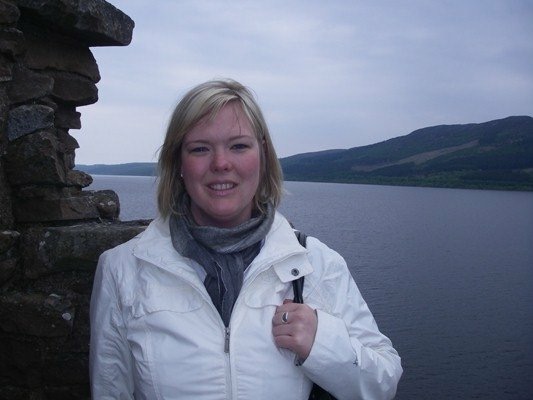
By
Candice Waddell
February 2018
Print Version
What you need to know
Colonization and rapid modernization have had a profound effect on Inuit community wellness. Inuit knowledge and fostering a sense of hope in resilience through community discussions and activities, shifts the focus of healing in Inuit communities from oppression to empowerment.
Why this research is important
Nunavut communities struggle with a variety of challenges related to social distress, which are evidenced by elevated rates of completed suicides among youth, childhood sexual abuse, domestic violence, mental health problems, and addiction. These struggles represent a rupture with traditional Inuit society; many of these issues are a direct result of processes of colonization, particularly settlement into communities in the mid-1950s, and ongoing social inequity. To explore the impact of these processes of colonization, this community-based participatory research project elicits traditional knowledge related to community wellness from ten Elders living in Cape Dorset, Nunavut. The themes that emerge through this exploration include respect, leadership, family connection, the inclusion of traditional knowledge, working together, and resiliency. Results resonate with other community wellness research projects in Nunavut that recommend community-based solutions focused on resilience and strength. This project expands on these findings by eliciting concrete solutions that communities can utilize to improve community wellness.
How this research was conducted
Community-based participatory research was conducted in conjunction with a Community-Based Research Advisory Committee (CBRAC) in Cape Dorset, Nunavut. The CBRAC included community experts from the Cape Dorset Wellness Committee. The CBRAC in collaboration with the outside researcher (CW), conducted ten semi-structured interviews with Elders from the community. These Elders were chosen by the CBRAC because of their status as Elders within the community and the knowledge that they could share about the topic of community wellness. Ethical approval for the project was obtained from Brandon University Research Ethics and the Nunavut Research Institute.
What the researcher found
The main concepts that the Elders identified are included below.
Respect - Rapid modernization and relocation have caused disconnect between the traditional and contemporary roles of the Elders. This disconnect is causing Elders to feel less respected and as if they have “less of a voice” with the community youth.
Leadership - The influx of Qallunaat (outsiders) and the establishment of numerous government departments affected leadership and the power balances within communities.
Family Connection - Population size, historical trauma and larger networks of influences have impacted families.
The Inclusion of Traditional Knowledge - Elders within communities are critical to ensuring that important aspects of Inuit knowledge and Inuit identity are passed to the younger generation.
Working Together - There is a current need for outside resources to work in collaboration with community members and Elders.
Resiliency - Resilience is seen in the maintenance of traditional Inuit language and ongoing teaching of traditional activities like hunting and carving.
How this research can be used
The research was presented to the community to influence community wellness. In addition, other communities could use a similar methodology to determine the knowledge that needs to be considered in community wellness. Finally, the information may be used by service providers to ensure that they are respecting community processes, and using strategies that limit the impact of colonization.
Acknowledgements
This research was possible because of the knowledge sharing, and collaboration of the community of Cape Dorset, Nunavut, and all Nunavummiut who continue to share their stories openly and honestly. Dr. Renee Robinson (BU), Dr. Karen Rempel (BU), and Dr. Allison Crawford (University of Toronto) are acknowledged for their role as committee members on this project. NSTP is acknowledged for partial funding of the project.
About the Researcher
Keywords
- community wellness
- community-based participatory research
- Elder knowledge
- Inuit
Publications Based on the Research
Waddell, C. M., Robinson, R., & Crawford, C. (2017). Decolonizing approaches to Inuit community wellness: Conversations with Elders in a Nunavut community. Canadian Journal of Community Mental Health, 36(1).
Editor: Christiane Ramsey
Read more BU Research
Research at Brandon University follows comprehensive policies designed to safeguard ethics, to ensure academic integrity, to protect human and animal welfare and to prevent conflicts of interest.

